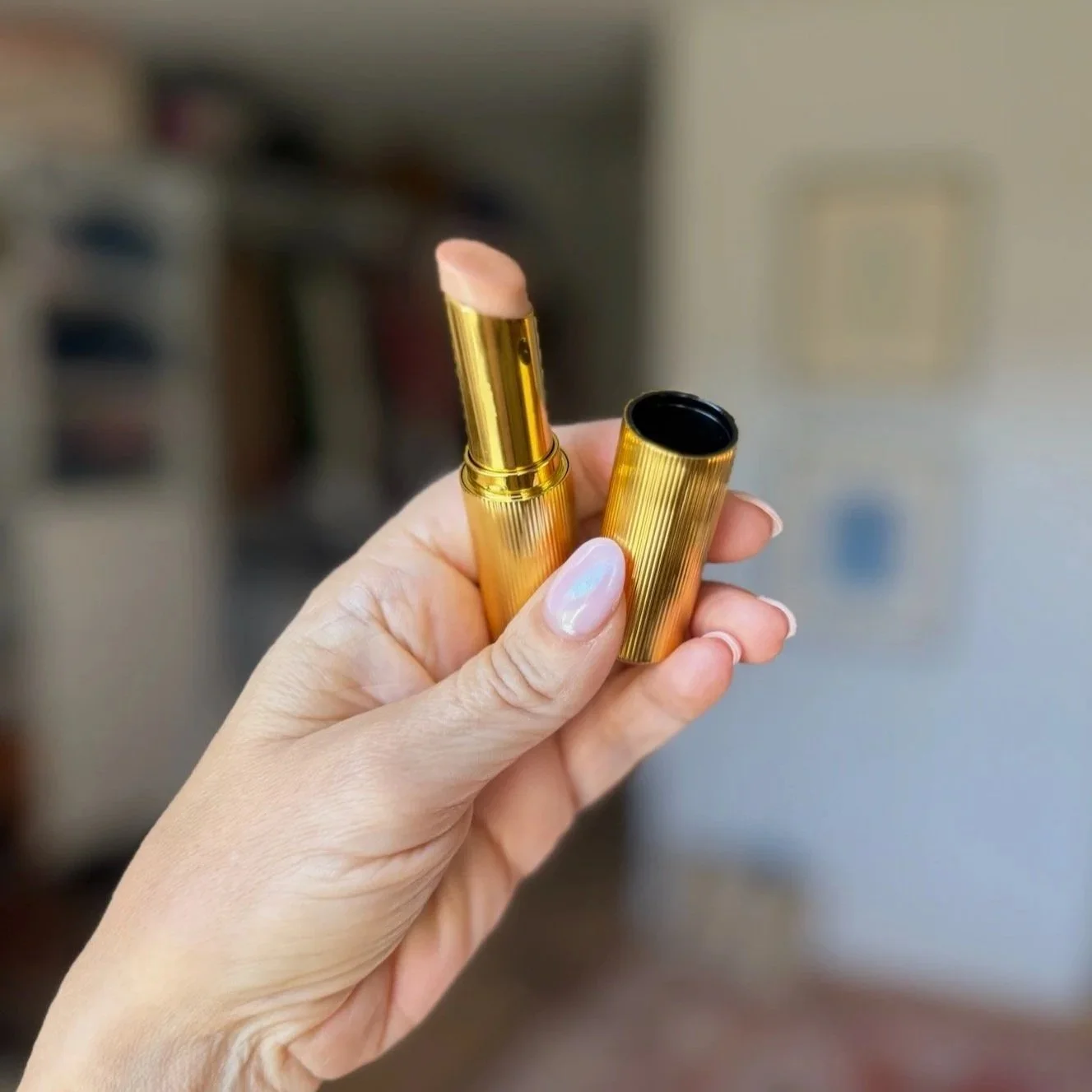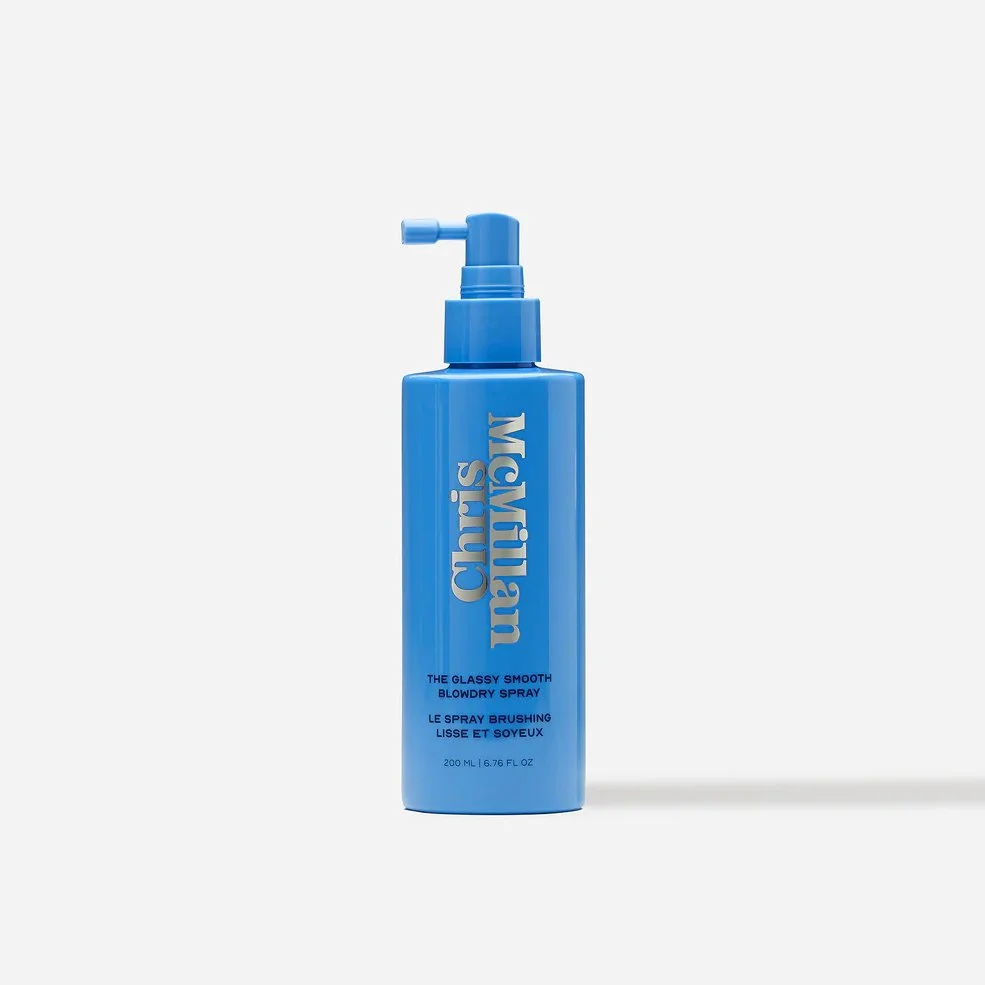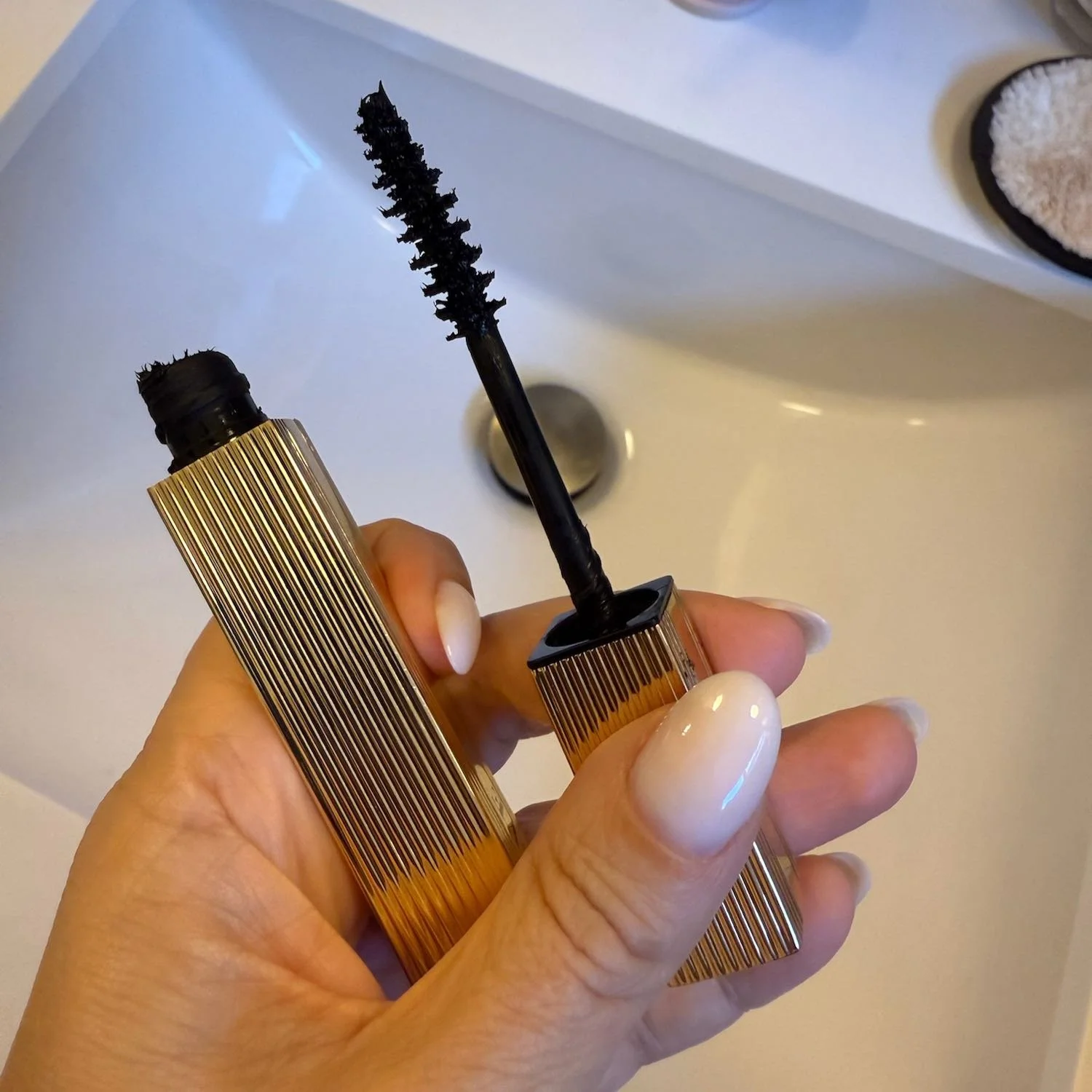My Dad Had A Second Family And He's Still My Favorite Person
by Anonymous
Warning: This article contains details about childhood adversity, infidelity, and disordered eating.
When I was 15 years old, I caught my dad cheating on my mom.
Yes. Caught.
I thought I couldn’t think any less of him until he proved me wrong by bribing me to not tell her. But I did tell her. And as we were all navigating our way through the hideous aftermath, their divorce revealed that his betrayal ran so much deeper than we even knew.
After my mom looked into the family finances for the first time ever, we discovered that my dad had an entire second family with yet a third woman. A rented apartment. A car lease. Tuition for other kids. All of it. Three days out of every week he drove to Los Angeles, which was two hours away from where we lived, to do business.
And, apparently, to lead a secret life.
You’re probably thinking, he is a monster. You’re probably thinking, if this was my dad I would never speak to him again. And actually his psychologist did diagnose him with moderate sociopathy.
And he’s still one of my favorite people.
This story has brought a lot of shame to my family. My mother hates that I’m open about it, but the truth is, it was an event that played an enormous role in who I am today, and I’m a huge fan of who I am today. I don’t brush it under the rug. I wear it like a badge.
I mostly stopped speaking to my dad from the ages of 16 to 22, long enough for the psychological damage I’d incurred to rear its head in the form of an eating disorder and extremely toxic relationships.
I was very, very angry with men.
I tried very hard to destroy every guy I dated. I got very good at developing the same alluring, withholding attitude that certain men couldn’t resist. And then once they were fully attached to me, I would start to obliterate their confidence, picking at their insecurities, confirming everything they felt was wrong about themselves. I made several boyfriends cry between high school and college— including many football jock types— and I remember feeling very self-satisfied.
Then the anger towards my father spurred a new symptom: anorexia.
I became fixated on the ability to control natural urges – like the urge to eat – because I wanted to have the one thing I felt my dad didn’t: impulse control. He was overweight. His mistress was overweight. I saw them as two gluttonous, pleasure-seeking animals who were ruled by their desires. They ate too much. They f*cked too much. And I would be nothing like them. I would have control. So I stopped eating, and I stopped having sex. I dropped from a healthy 127 pounds at five feet and seven inches to a barely-there 104 pounds.
Throughout my twenties, I met and befriended several young women who developed eating disorders in response to their parents’ divorces. They didn’t see it at the time, nor did I understand the psychology of my problems as well as I do now. But today, it’s all very clear. When the flaws and mistakes of my parents hurt me at a young age, I didn’t have the clarity to say, “This isn’t about me.”
So I internalized it.
So many of us internalize the damaging cards we were dealt as kids. Whether it’s through an eating disorder, a drug problem, a drinking problem, sex addiction, ripping out your finger nails, so many of us continue to pay for their shitty mistakes. For me, I had to figure out how to move past it. If I didn’t, I knew I would continue to live a life I didn’t want, all because of my dad’s choices.
For a long time, when my mom spoke of my dad, it was with disgust.
He was a pig. He was a psychopath. He ruined everything. We either spoke of him with total disdain, or we didn’t speak of him at all. Until one day, while making blintzes for brunch with my grandparents, my mom said:
“It probably wasn’t good that your dad grew up in that weird place.”
What? What weird place? My grandparents arrived just then so my mom didn’t finish the story, but my sister filled in the blanks for me later.
I always had some vague awareness that my dad was raised by his grandparents. I didn’t realize that his parents had essentially abandoned him there when he was very young, and that his grandparents made their living by housing divorcees on their ranch. I also didn’t know that my dad’s grandfather – the predominant male role model in his life – apparently took advantage of the vulnerable states of those women.
I started to feel something like a tinge of sympathy towards my dad.
That was his why.
His mom abandoned him at a young age, so he’d spent his life chasing her through other women – trying to fill the void by smothering himself in the love of many women. And he specifically liked financially providing for them because it was the only way he felt they would stay. Coming from the childhood he had, he probably didn’t grow up believing he had much else to offer women.
That tinge of sympathy started to give me a stomach ache, so I squashed it.
I didn’t know what to do with it.
Leaning into it would leave me with this question: where do I put all of my hatred? I had comfortably found a place for that hate in nearly every corner of my life.
So. No excuse. Having a fucked up childhood doesn’t get you off the hook for doing messed up things as an adult. Says the woman who got off on psychologically torturing her boyfriends…
“having a fucked up childhood doesn’t get you off the hook for doing messed up things as an adult. ”
“Childhood happens and then, you move on,” is what my dad told my sister when she asked him, well into her twenties, to pay for her therapy. He didn’t see the link between what he’d done, and her massive trust issues in her adult relationships. I remember shaking my head in disgust when I heard that but I was also sort of a hypocrite because I was trying to live by that rule…childhood happens, and then you move on.
But around age 22, something started to change in me.
When my dad asked me if I wanted to meet his once-mistress-now-fiancé, I said yes.
I forced myself to be around my dad, to prove I was past it all, but I felt sick. He had no idea. I’d smile in his presence, and cry, violently, after leaving him. Being around him was triggering all of the things I wanted to pretend weren’t there. It turns out that time doesn’t heal all. You heal all if you put in the work. I hadn’t put in the work.
As a millennial, I had a very special gift that my dad didn’t have: the choice to go to therapy without shame.
My dad didn’t say, “Childhood happens and then you move on” because he was insensitive. He said it because that’s what his entire generation said. To see a therapist, in the era when he was a young adult, was to admit lunacy. You just didn’t do it. What you did instead was you internalized your childhood traumas, and they crystalized into damaging and dysfunctional habits you just called “your personality.”
I was lucky to be a young adult at a time when young adults were realizing the importance of breaking cycles in their families. We pass these traumas through our bloodlines. My dad’s grandfather had a horrible childhood, too. This pain had been passed down for generations in our family. I started to understand that it was very special – very new in our family history – that I was even thinking about these things.
I was awake, and possibly the first one.
In addition to therapy, I got very into meditation. I began doing a daily, half-hour, guided meditation that was targeted at exorcizing old family wounds and damaging beliefs we developed in our childhoods. The guide spoke about how fragile we are as children, and how certain events can send us messages – messages that are not true – that we internalize in our gut, and hold onto without realizing. We then live to the tune of those beliefs. I remember when I first heard the guide say, “You are worthy of love.” I only had a millisecond to think it was cheesy before I started crying harder than I ever had. It was one of those whole-body cries where you can barely catch your breath. Something was coming up from deep, deep inside of me – maybe from my ancestors.
I had no idea how badly I needed to be told, “You are worthy of love.” I had no idea that I’d been living in a way that indicated I didn’t think I was worthy of love. I starved myself for years. I found every possible way to be in withholding, cold relationships. I deprived myself of warmth at every turn. You do that when love and safety have been ripped out from under your feet at a young age.
When you fear you can’t count on love or comfort being there, you stop seeking it. You don’t want to be disappointed. You keep yourself safe, and being “safe,” it turns out, feels very sad. I had been so, so sad for so many years and wouldn’t face it.
“when you can’t count on love or comfort, you stop seeking it. you keep yourself safe, and being “safe,” it turns out, feels very sad. I had been so, so sad for so many years. ”
I meditated every day for months.
It was almost like an exorcism.
I went to therapy.
I confronted deep-seated beliefs I’d developed about human nature and relationships, because of my unsafe childhood. They were dark beliefs – troubling, and unproductive. And when I finally saw my dad after months and months of all this self-work, I felt something I hadn’t felt for him in nearly a decade:
Love.
I was able to love him again because I had found a way to love myself again. It wasn’t because we could erase the past. It wasn’t even because I could talk to him about all I’d been through. I couldn’t. At that point, he was 70 years old, and still very closed off to the idea of talking about ancestrial wounds or even how his acts had harmed me. He couldn’t talk about it, and that was okay. I’d take the torch of pain from here…and I’d put it the fuck out.
Every time I tell my dad I love him, he tears up a little bit. It’s almost imperceptible, but I see it. I hear it in his voice when he says it back. Maybe to him, I’m his guided meditation.
And maybe, after the parents who bailed, and the grandparents who were preoccupied, and the gold digging mistresses who used him, maybe I’m the first person to love him, and ask for nothing in return.
So now, when I tell my father I love him, I am saying it to myself as well.
And I believe it.






